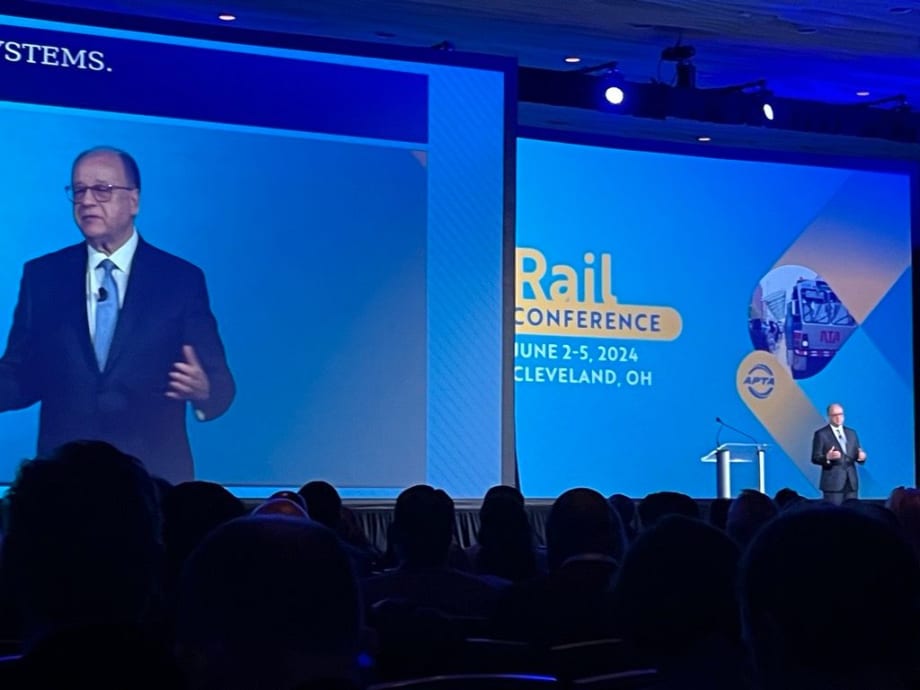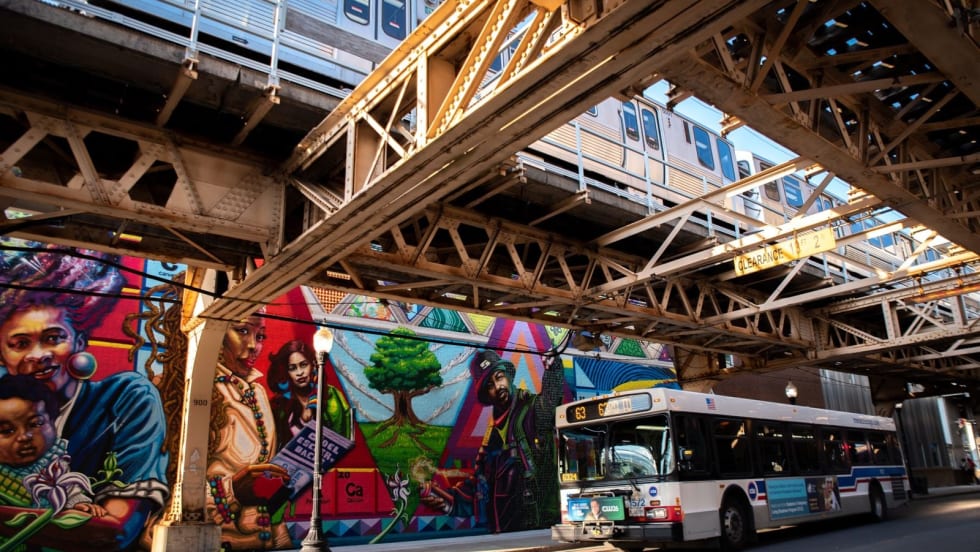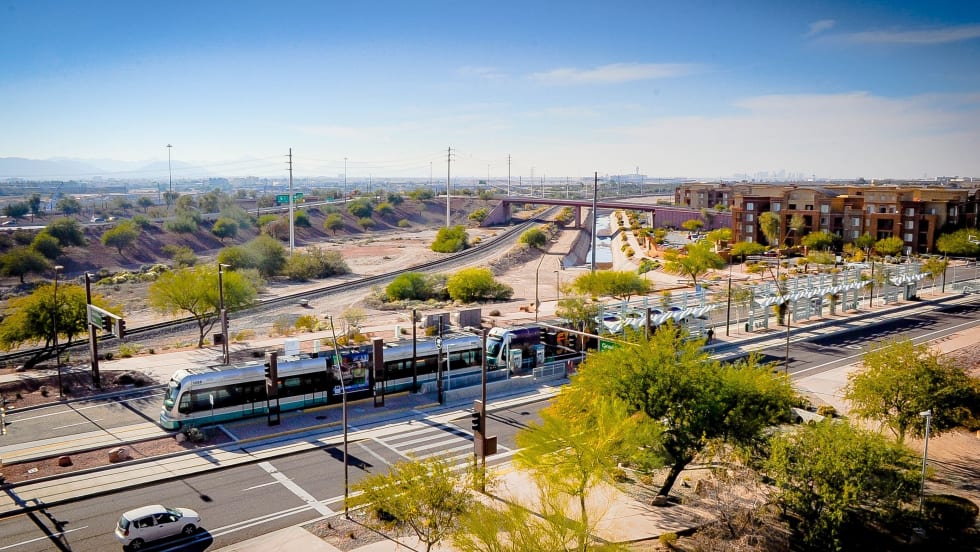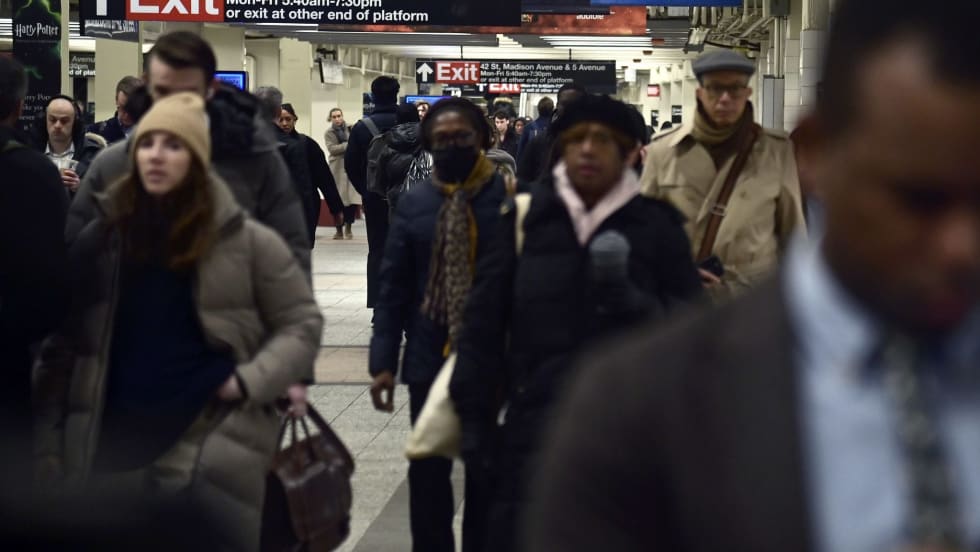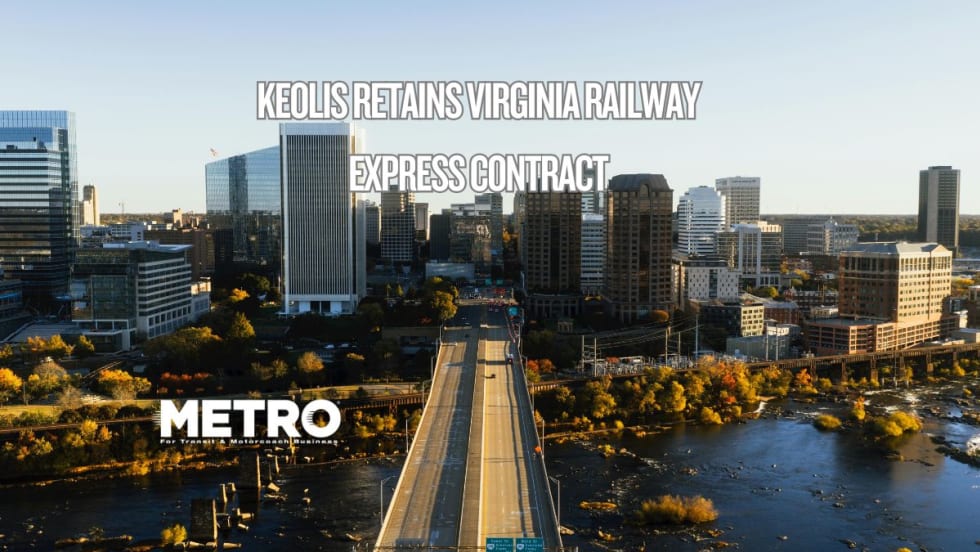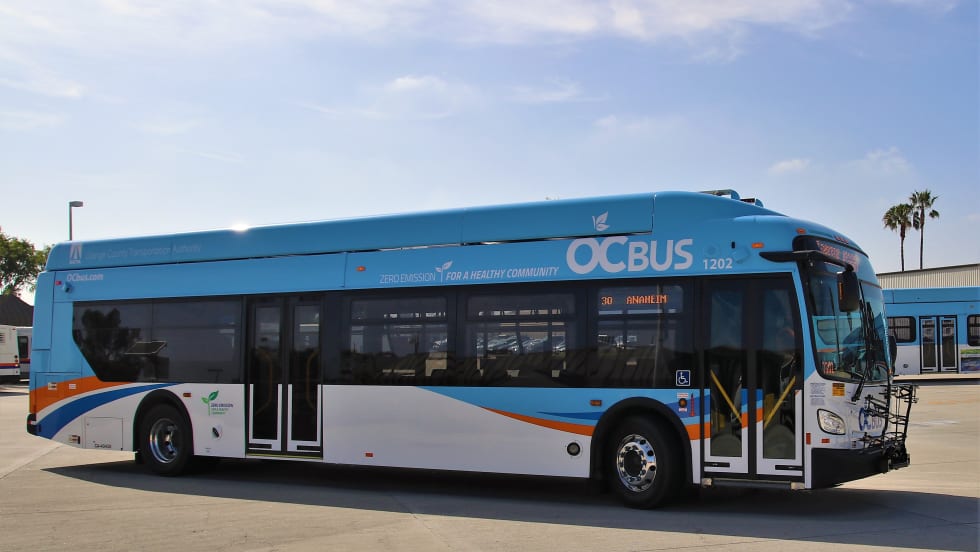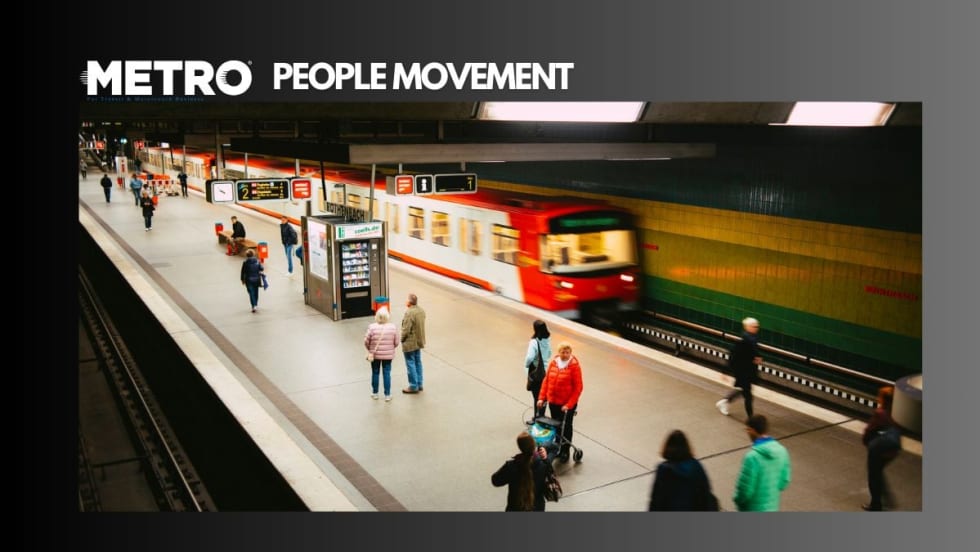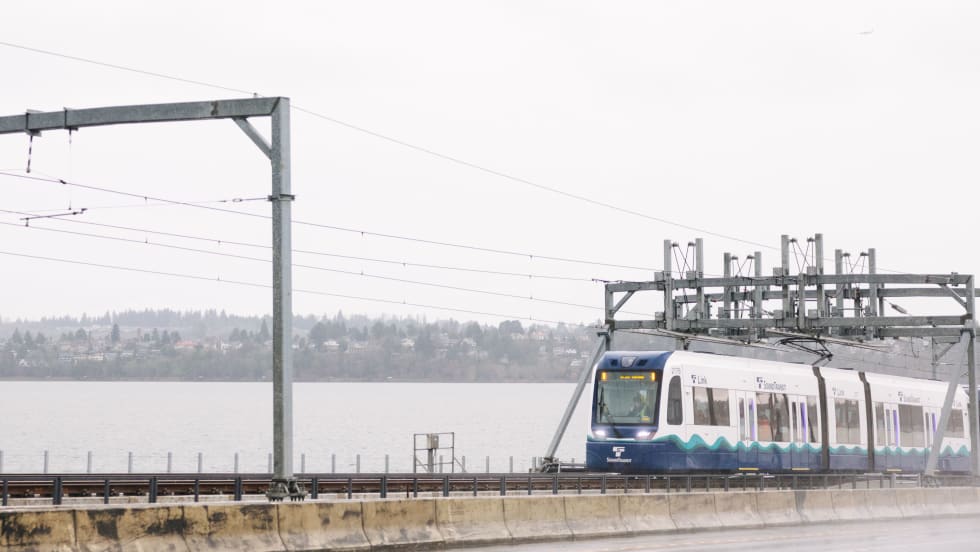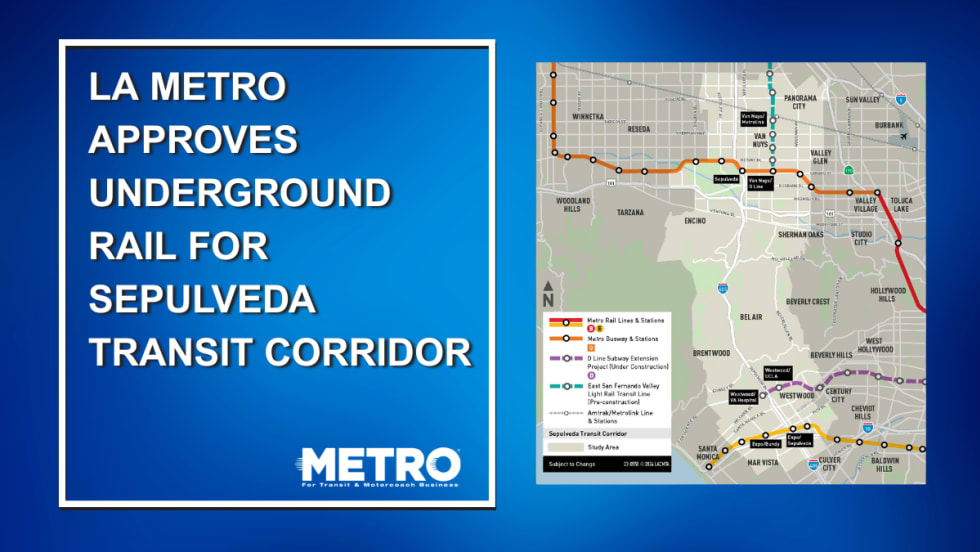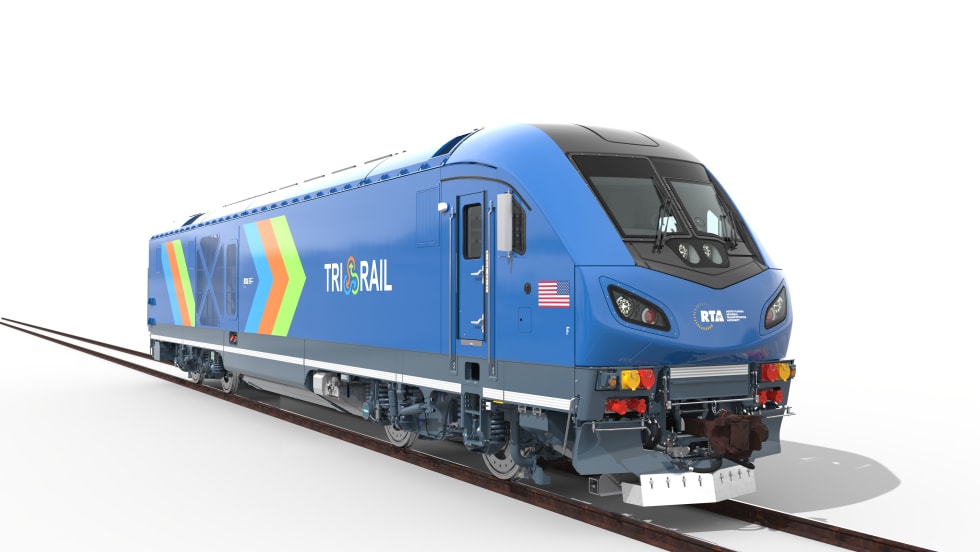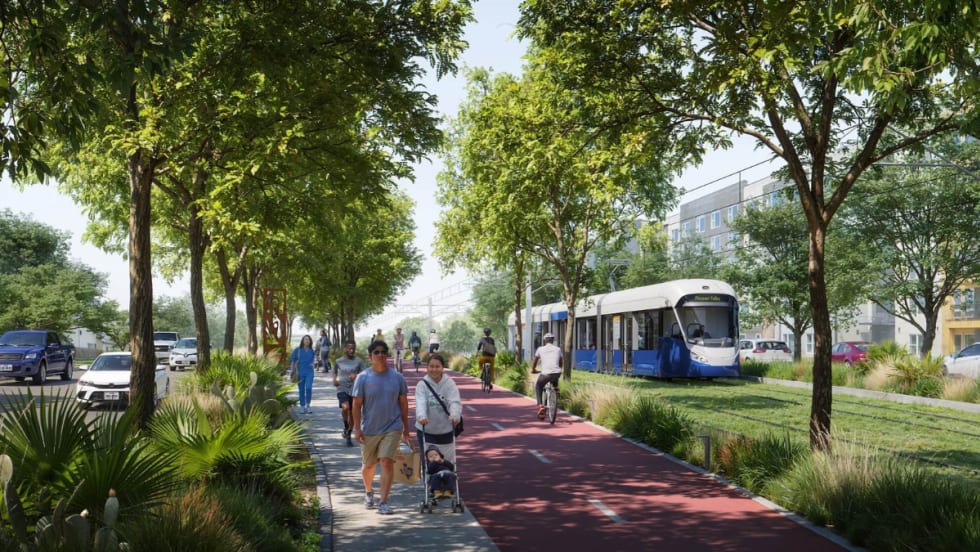The American Public Transportation Association (APTA) kicked off its Rail Conference in Cleveland, which runs from June 2 through June 5.
The opening day featured remarks by Grammy Award-winning Hip Hop artist Speech Thomas, Federal Transit Administration (FTA) Acting Administrator Veronica Vanderpool, APTA President/CEO Paul P. Skoutelas, and APTA Board Chair Michele Wong Krause.
The conference also includes sessions and workshops to address the critical priorities and challenges facing all rail modes — urban, commuter, high-speed, and intercity – including ridership recovery; decarbonization; approaches to personal safety and public security; strategies to combat fare evasion; high school and community college training programs; and innovative technologies to accelerate capital rail projects.
Additionally, manufacturers, suppliers and technology developers will be on hand to discuss the latest trends and technology in rail transit at the Products & Services Showcase.
Highlights From The Opening Session
Kicking off the program, Skoutelas highlighted Cleveland’s long history as a major railroad hub and how it became the first in the nation to establish direct rail service from downtown to the area’s major airport way back in 1968.
He also discussed the unprecedented opportunity facing public transit thanks to historic Bipartisan Infrastructure Law funding.
“Think about where we were just four years ago. There was great uncertainty when the pandemic shut down the economy and mobility. Think about what our federal funding levels were the year before the pandemic,” said Skoutelas. “Back then, no one — not even our most ardent supporters — could have foreseen more than $200 Billion over years for public transit and rail. Yet today, we are in the midst of the biggest federal investment in public transportation in American history.”
Skoutelas pointed out that the Federal Transit Administration (FTA) has already awarded $65 Billion across thousands of projects, while the Federal Railroad Administration (FRA) has awarded almost $25 Billion for 35 passenger rail projects in the Northeast Corridor and across the country.
He added that more good news is on the way after Congress recently approved the Fiscal 2024 appropriations for transportation programs, and specifically for public transportation, which translates into:
$21 Billion for public transit.
$16.3 Billion for rail.
$3.8 Billion for capital investment grants.
Jobs for thousands of American rail and transit workers and for business members designing and constructing these new projects.
Looking Ahead
Finally, Skoutelas touted public transit’s role in getting people to jobs, medical appointments, and community events, while pointing out there are still challenges facing the industry, including public safety issues, workforce shortages, ridership, and project delivery.
Despite the challenges, he pointed out ridership is continuing to rebound and address some of these challenges head on, while reinforcing that the industry must continue to innovate on a daily basis.
“To address the concerns about transit safety, some agencies are adopting a layered approach, using ‘transit ambassadors,’ mental health professionals, public awareness campaigns, and more law enforcement personnel,” said Skoutelas. “We are introducing new approaches and solutions every day to improving transit, but we must also advocate strongly for public transportation in ways that resonate with the public, the media, and lawmakers.”




